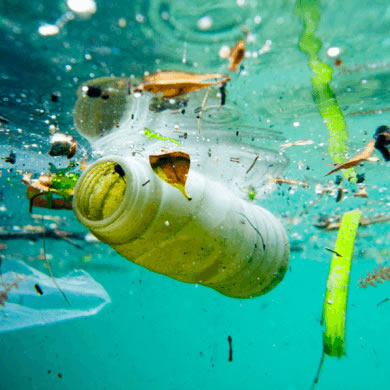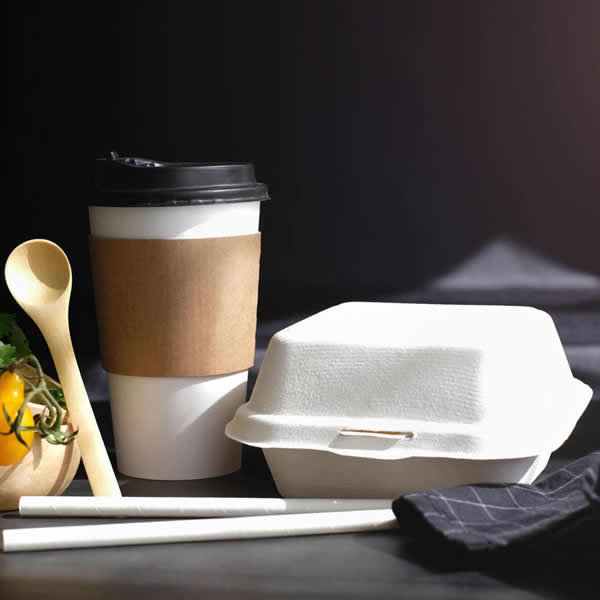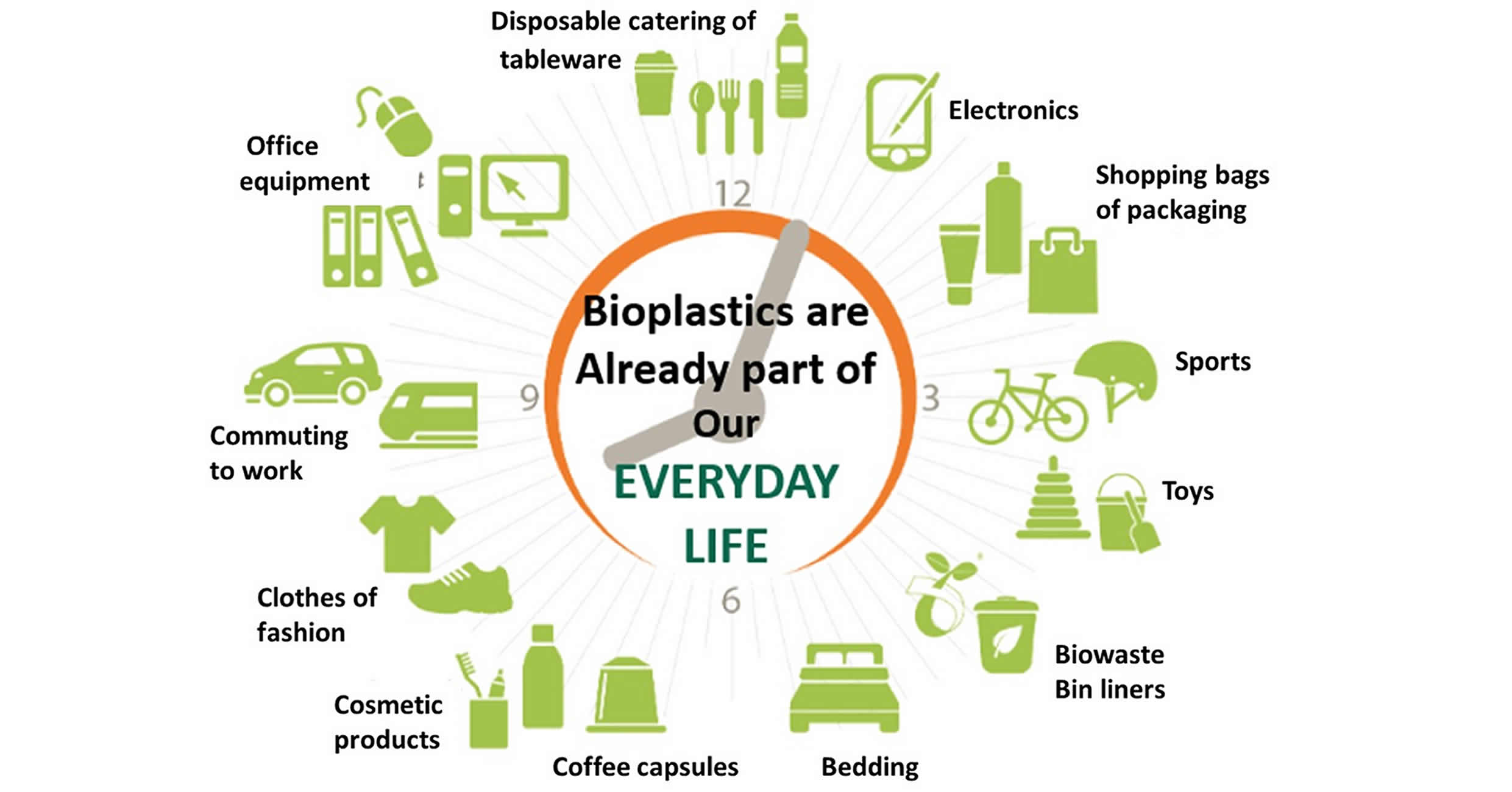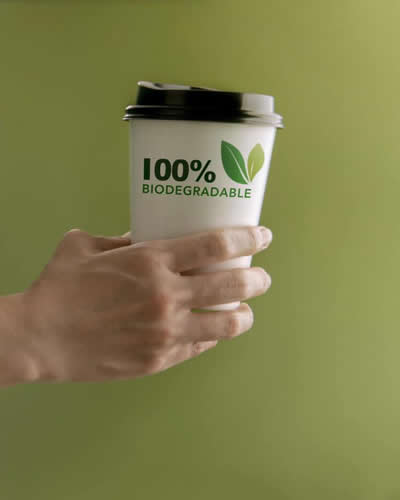
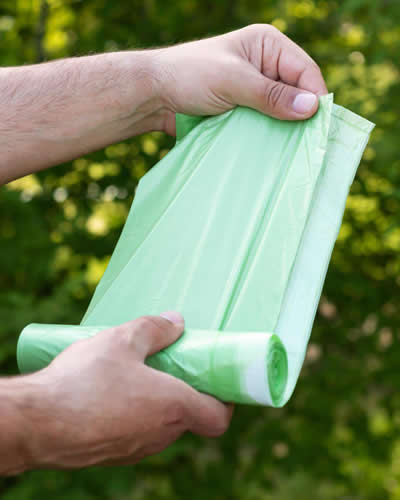
Why Biodegradable?
Opting for biodegradable products over conventional petroleum-based plastics helps curb solid waste pollution, addressing environmental crises like global warming and plastic waste proliferation.
By choosing sustainability or when we use biodegradable products, we foster a circular economy, promoting efficient resource use, waste reduction and the preservation of Earth's ecosystems for future generations.
